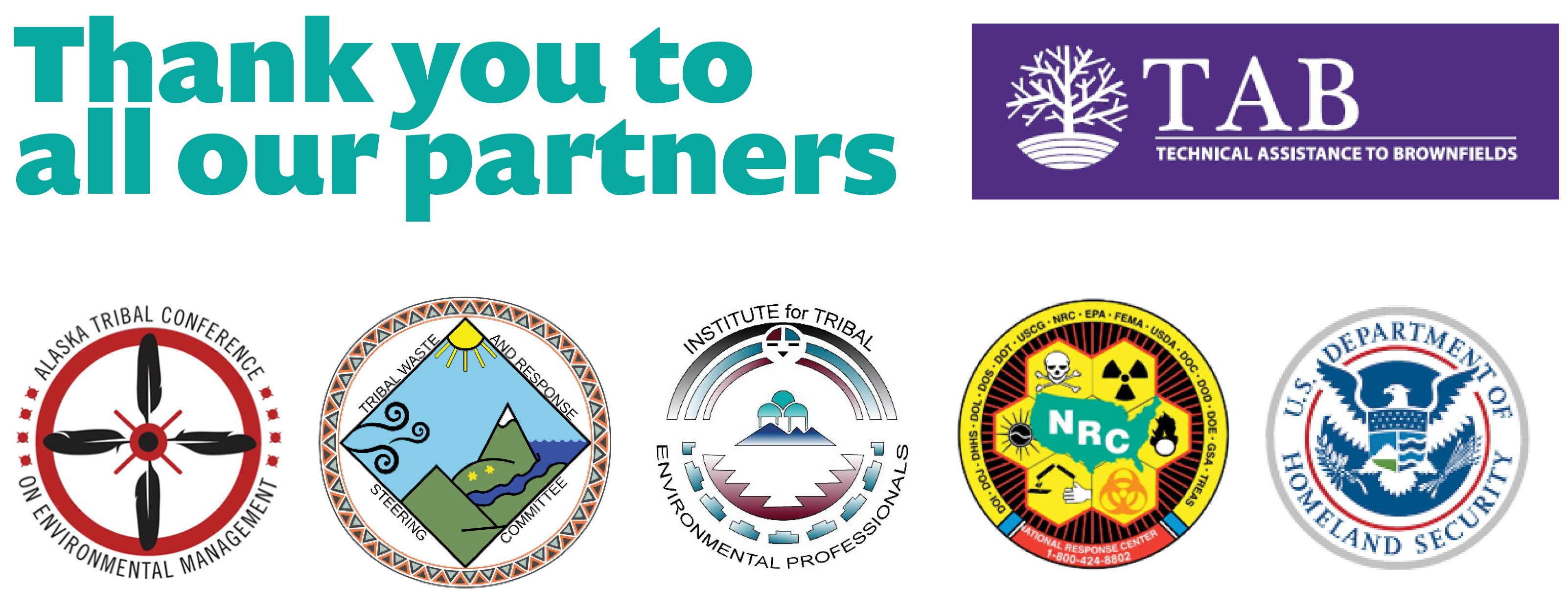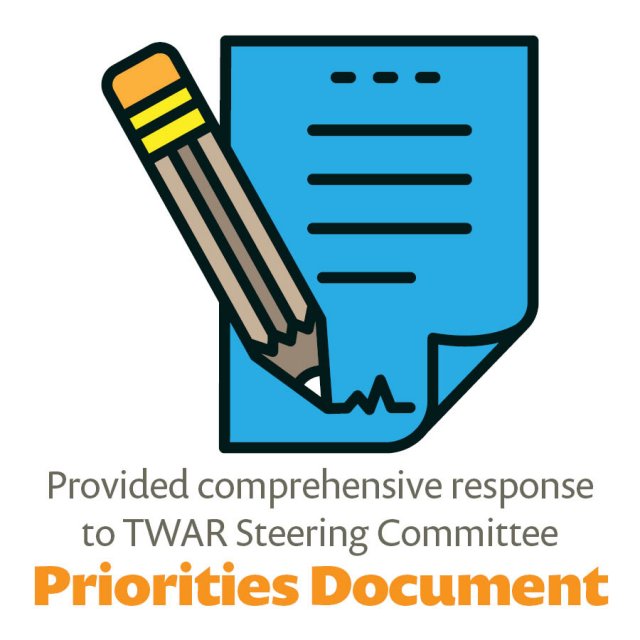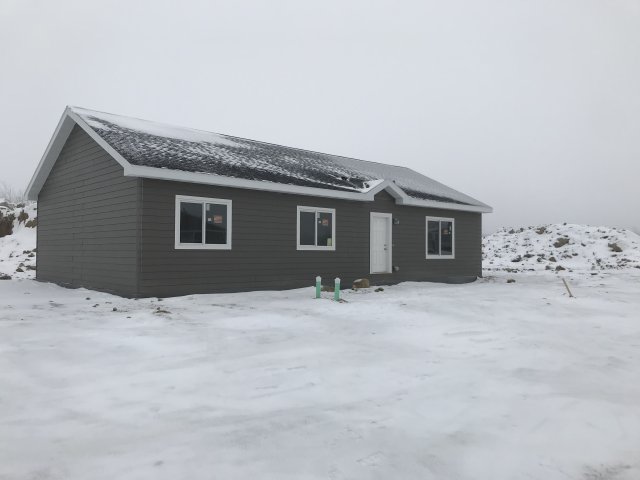2020 OLEM Tribal Accomplishments
EPA’s Office of Land and Emergency Management (OLEM) tribal program is committed to protecting human health and the environment in Indian country, while supporting tribal sovereignty, acting consistently with the federal trust responsibility and strengthening the government-to-government relationship with tribes. This page summarizes accomplishments by OLEM in 2020 to provide training, funding, technical assistance, and support to our tribal partners in cleanup, prevention and response programs. Collaboration with our many partners helped us increase tribal understanding and participation in key OLEM programs, including solid and hazardous waste, underground storage tanks, emergency management, Superfund, brownfields, and federal facilities.
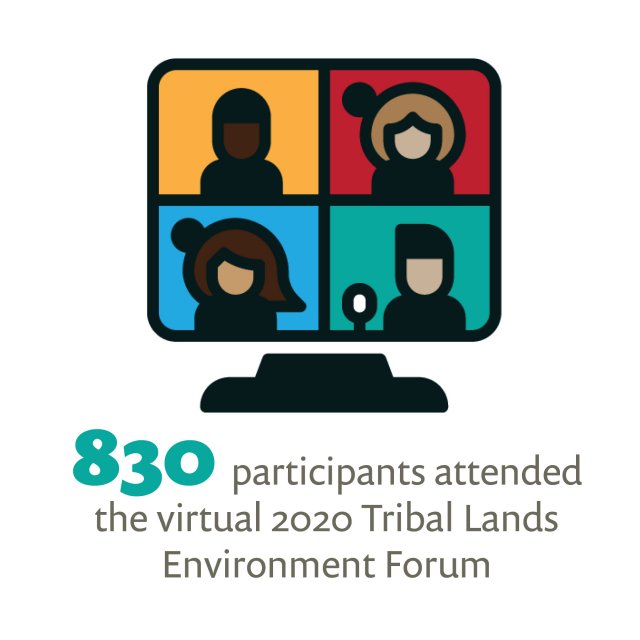
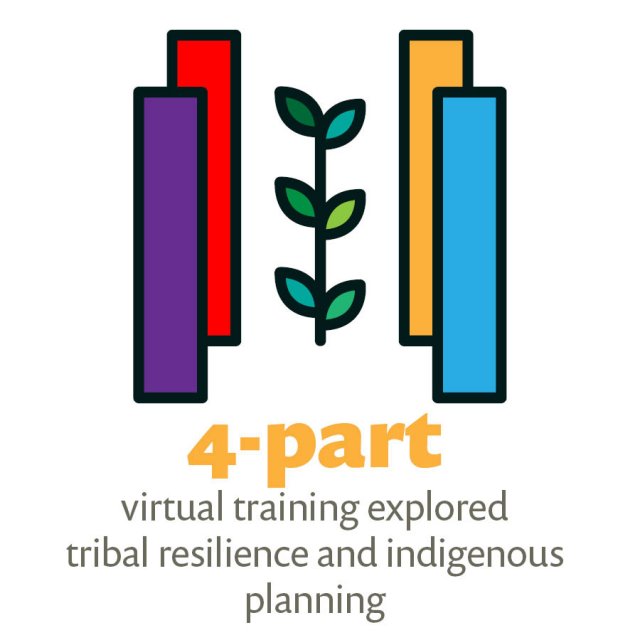
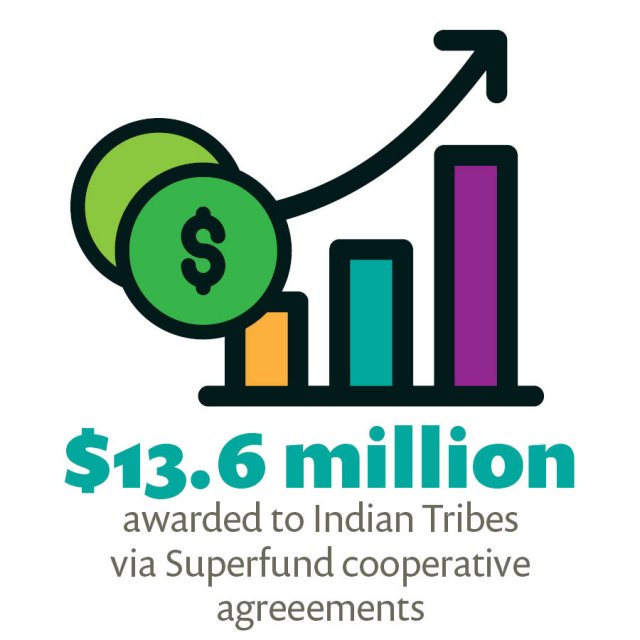
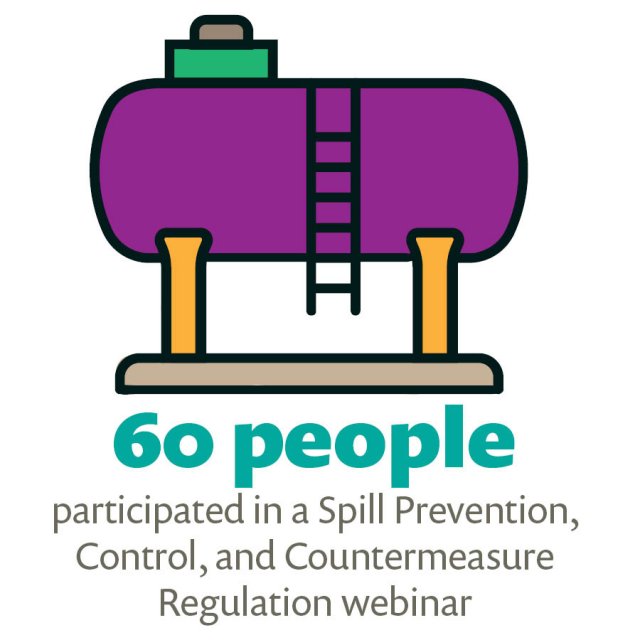
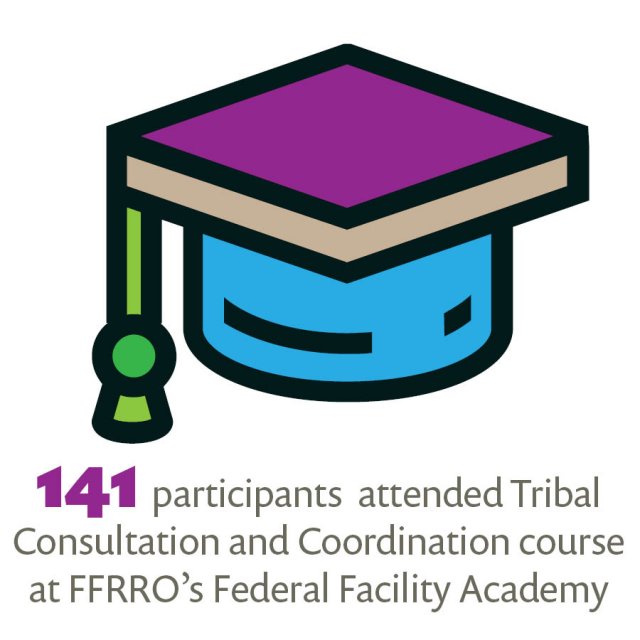
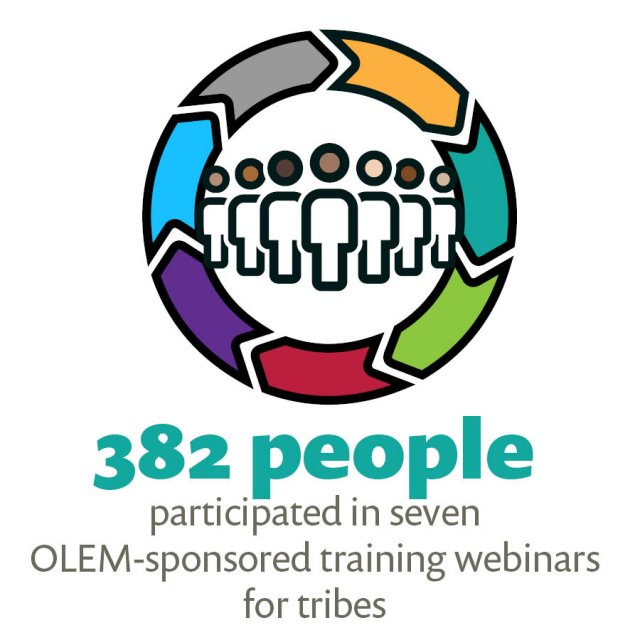
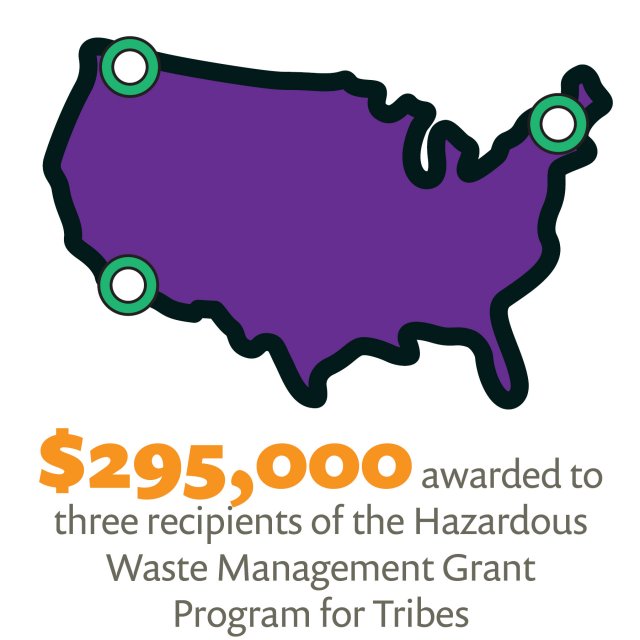
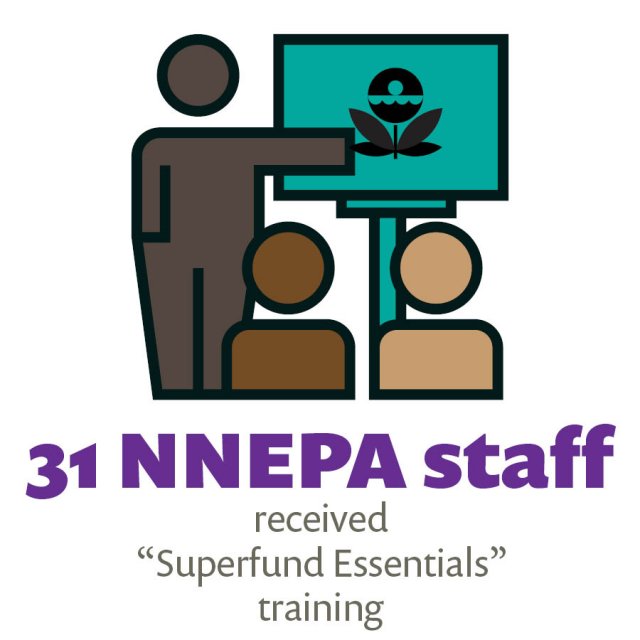
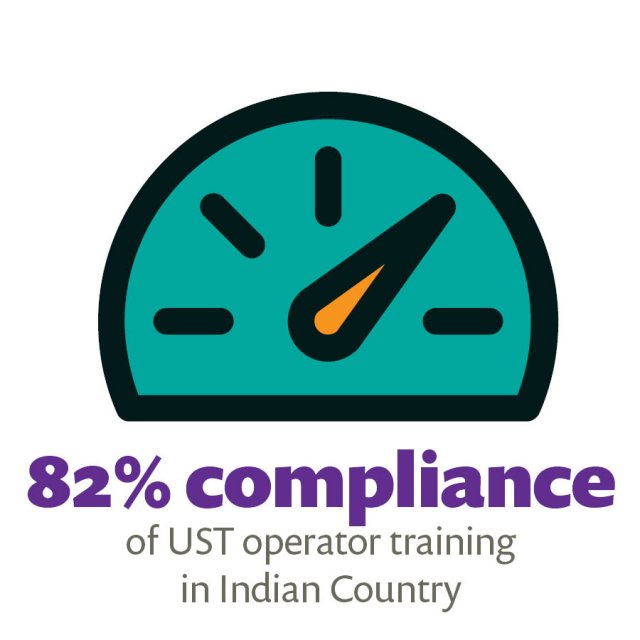
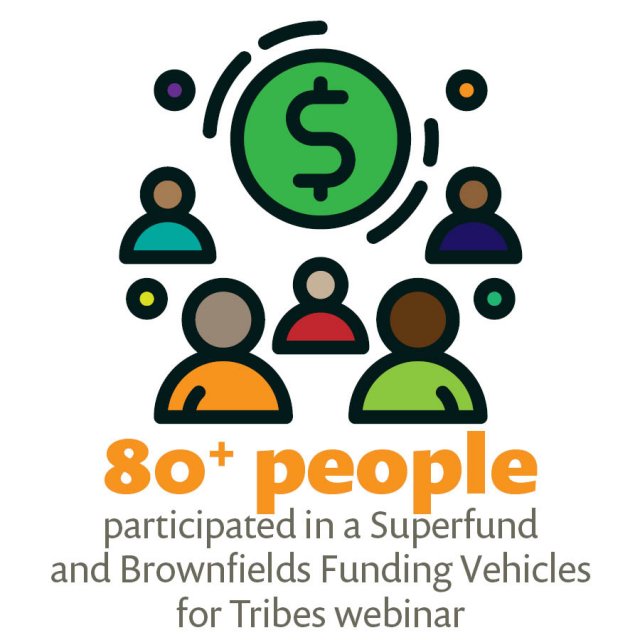
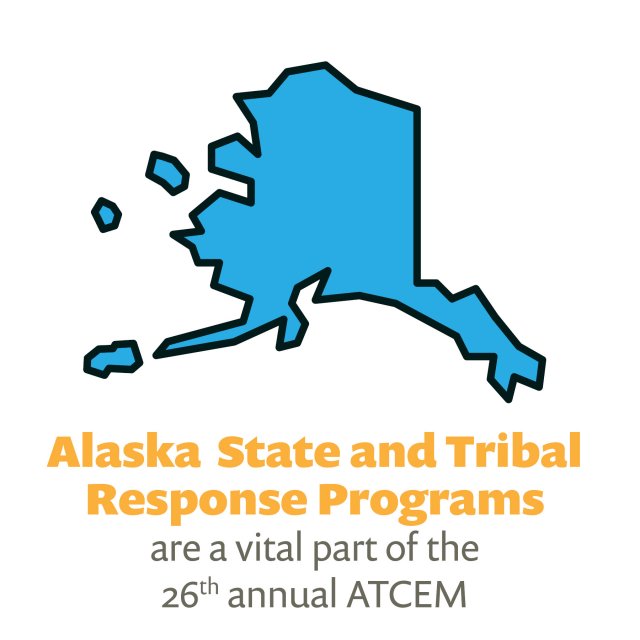
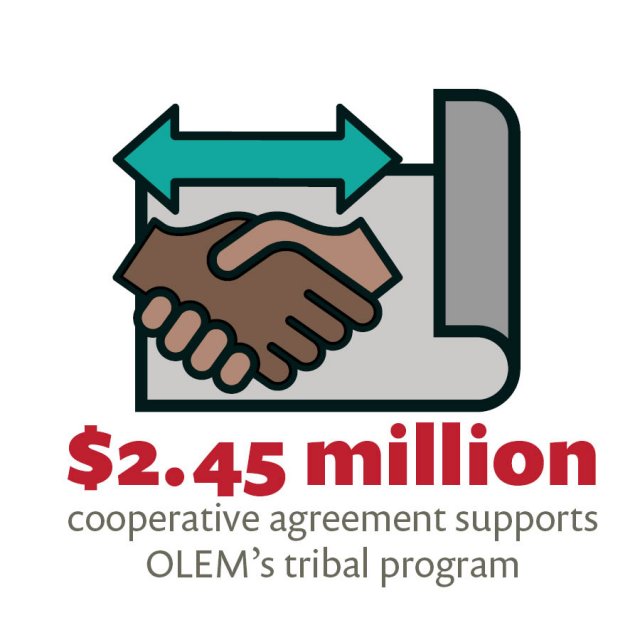

• UST/LUST compliance assistance binders for owner/operators and a compliance assistance calendar highlighting key requirements
• compliance assistance video conference calls
• monthly call and training opportunities for owner/operators and tribal personnel in Indian Country.
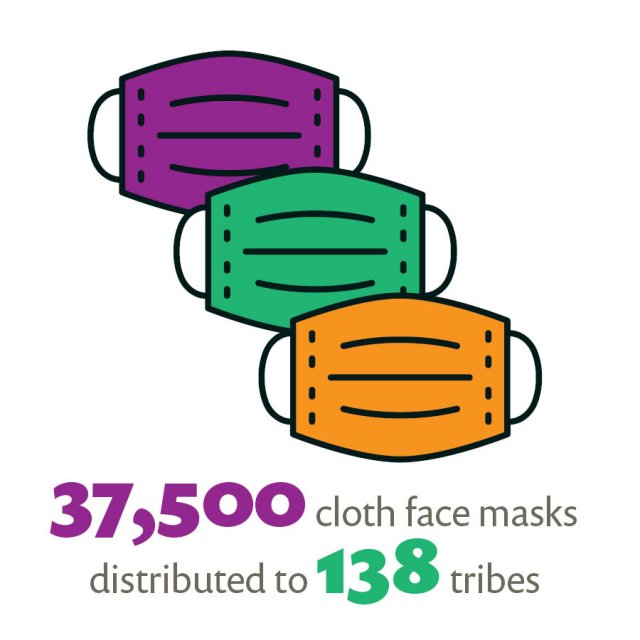
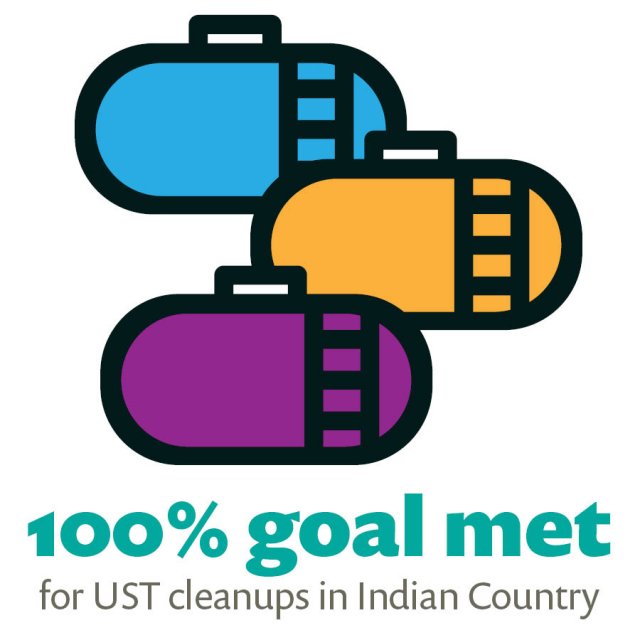
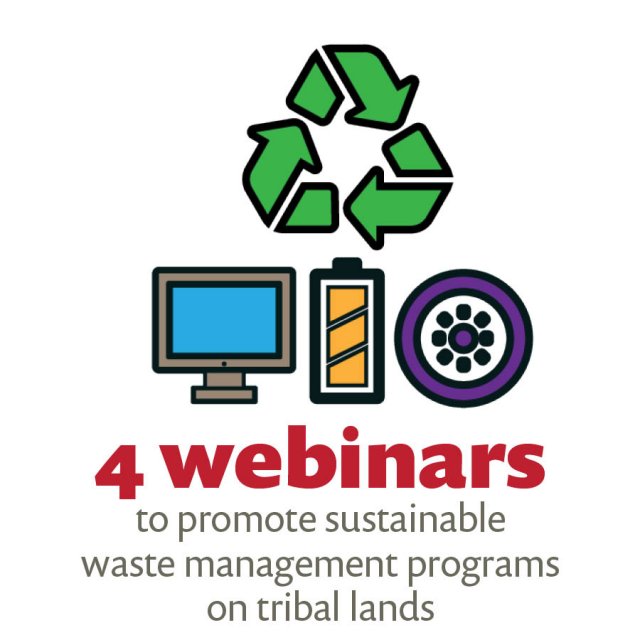
- Raising Environmental Awareness Through Community Outreach (40 participants).
- Tire Recycling (65 participants).
- Lithium-ion Battery Recycling (37 participants).
- Infrastructure Task Force Work Team 1 Report – Overcoming Barriers to Sustainable Waste Management in Tribal Communities (66 participants).
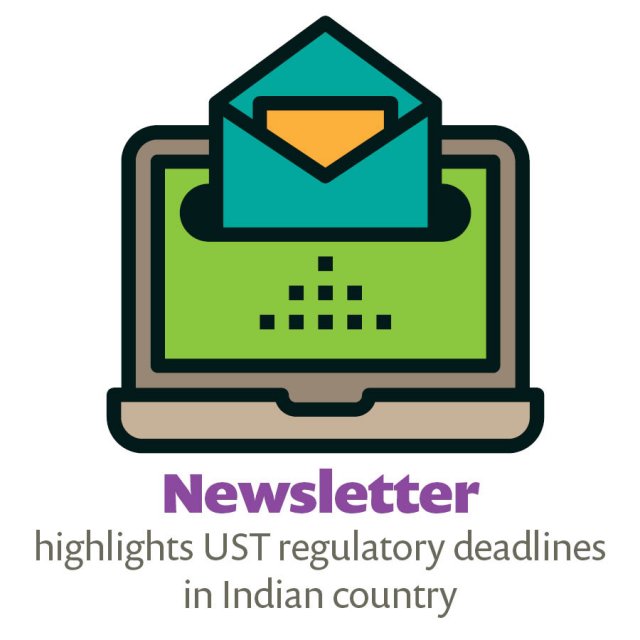
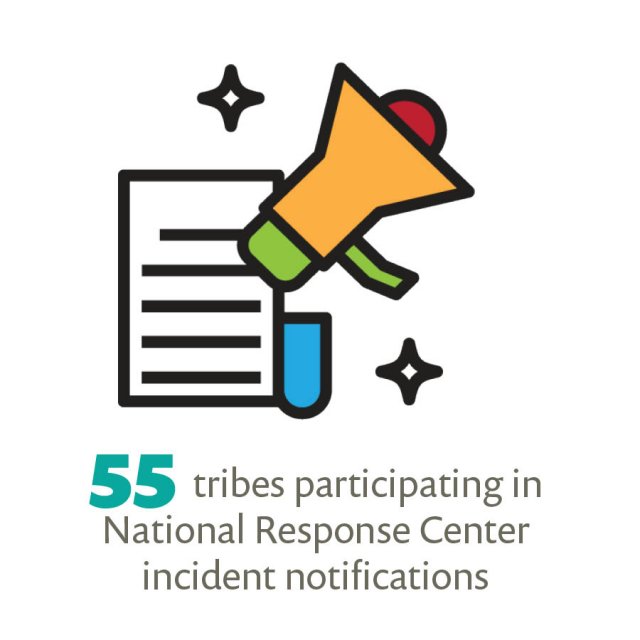
OLEM encourages tribes to sign up to receive incident notifications from the National Response Center so that they are notified immediately about emergency responses in their designated areas of interest. As of 2020, 55 tribes have signed up.
